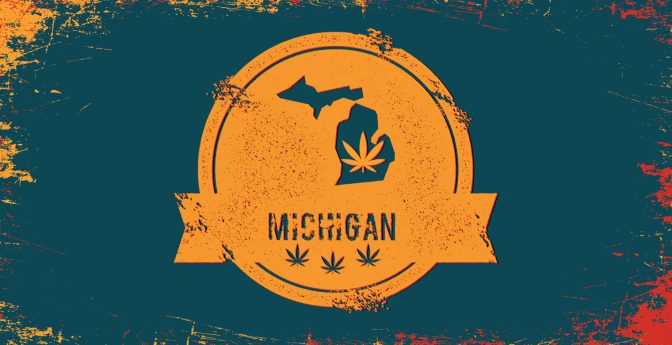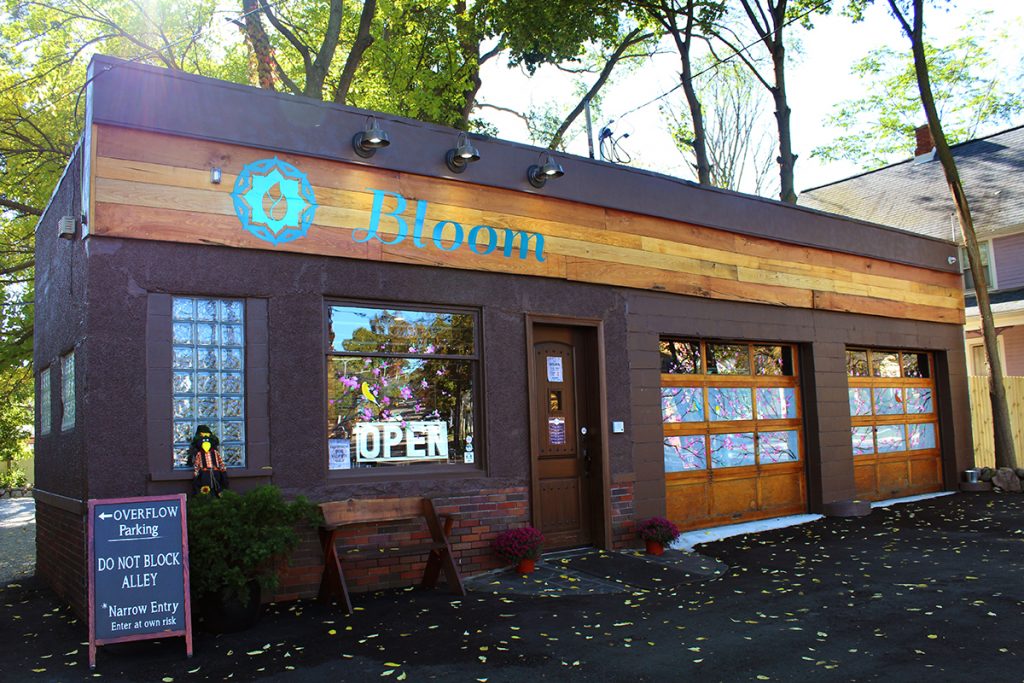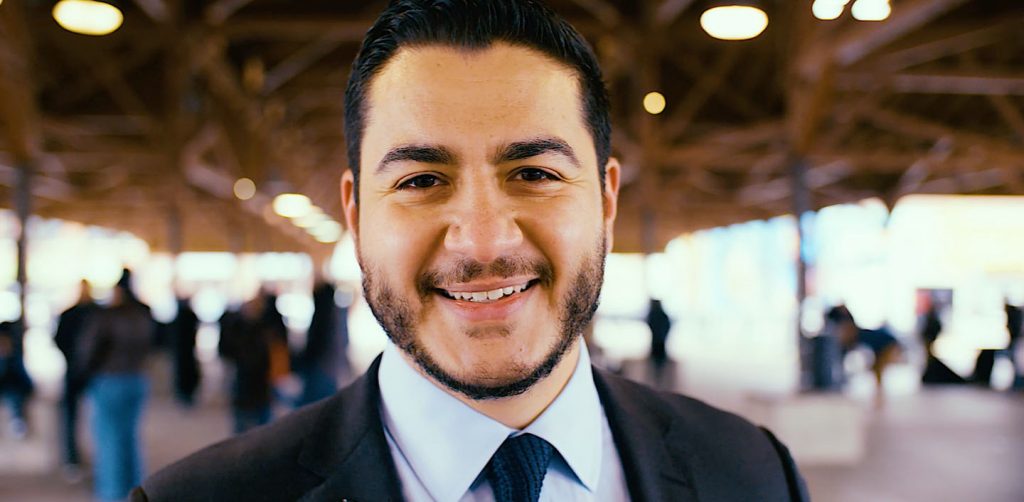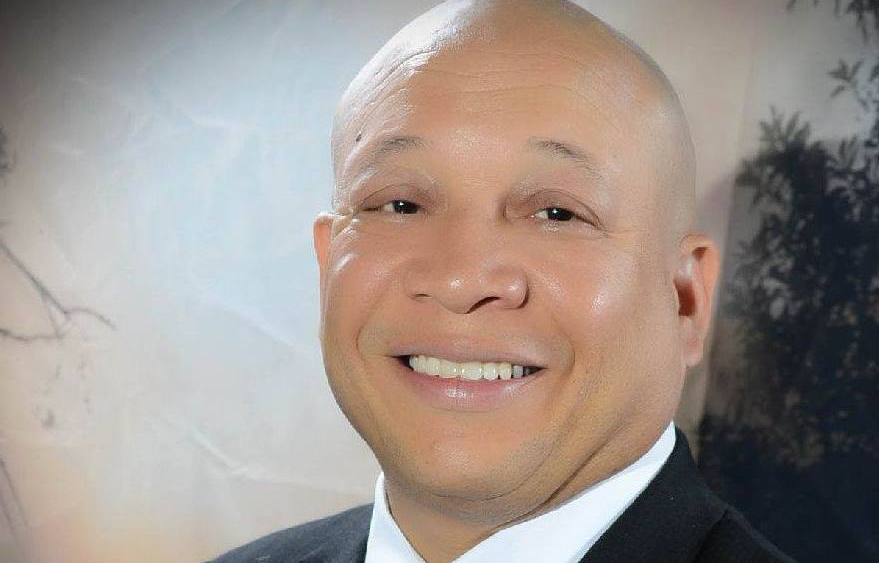Michigan on Path to Legalize Recreational Marijuana

Cannabis legalization is on the November 6th ballot in Michigan. If the initiative passes, residents over 21 will be allowed to possess up to 2.5 ounces of flower and 15 grams of concentrate. It would also permit adults to grow up to 12 plants. Michigan would be the 10th state to legalize marijuana and the first in the Midwest.
Currently, possession of any amount is a misdemeanor, with maximum penalties of a year in jail and a $2,000 fine. Ann Arbor, home of the annual Hash Bash, has long charged just $25 for a first offense. Another 19 cities, including Detroit and Kalamazoo, have passed decriminalization or depenalization laws since 2012.
The Michigan Marijuana Legalization Initiative is the fruit of an effort by the Coalition to Regulate Marijuana Like Alcohol (CRMLA), which turned in enough signatures to get the measure on the ballot. They needed 252,000 signatures and submitted 360,000. In April, the initiative was approved by the State Board of Canvassers.

Bloom Cannabis Club in Ann Arbor, MI
CRMLA raised $1.7 million as of mid-July with the Marijuana Policy Project, donating 37% of that total ($633,000). Smoker’s Outlet Management and MI Legalize 2018 kicked in $250,000 and $170,000, respectively. However, there is opposition. Smart Approaches Against Marijuana (SAM) is the biggest contributor ($275,000) to Healthy and Productive Michigan, one of the groups leading the fight against the initiative. The other is Committee to Keep Pot Out of Neighborhoods and Schools.
Democratic candidate for governor Gretchen Whitmer: «I’m going to be a ‘Yes’ vote on the initiative. When this passes, because I believe it will, I’ll take it very seriously and push forward to make sure we do it right.”
Under Michigan law, the state legislature had the chance to first act on the measure. Republicans in the state senate wanted to make it more restrictive, but the lower house overwhelmingly failed to pass the legislation on June 5, so it never reached the Senate. Instead, it will be decided by the voters.
CRMLA spokesperson Josh Hovey stated: “While we would’ve been happy to see our initiative passed by the legislature as written, we’re confident Michigan voters understand that marijuana prohibition has been an absolute disaster and that they will agree that taxing and regulating marijuana is a far better solution.”

Gretchen Whitmer won the Democratic primary for governor of Michigan.
The Michigan State Police Marijuana and Tobacco Enforcement Division is preparing for legalization in the event that the initiative passes. The division currently oversees the state medical marijuana program in conjunction with the Department of Licensing and Regulatory Affairs (LARA).
Voters approved the Michigan Medical Marijuana Initiative, or Prop 1, in 2008. But the state Supreme Court struck down the dispensary system initially established under the law in 2013. The court held that under proper interpretation of the Michigan Medical Marihuana Initiative, retail distribution of cannabis was actually not permitted. The Medical Marihuana Facilities Licensing Act, passed in 2016, gave the program a fresh start, clearing up the ambiguity in the 2008 law.
The first licenses for medical marijuana businesses were finally awarded on July 12, a decade after the program was established. Michigan’s patients had, until now, been forced to purchase from dispensaries operating in what was called a legal “gray zone” that’s only now being eliminated.
MICHIGAN BY THE NUMBERS
20 Cities that have decriminalized marijuana
2008 Year medical marijuana was legalized
269,553 Registered cannabis patients
215 Dispensaries open
1984 Last time the Tigers won the World Series
In June, Det. Sgt. Eric Bannon of the Marijuana and Tobacco Enforcement Division commented: “Right now, we do background investigations on medical marijuana facilities and applicants. Once people become licensed under the Act, then we’ll assist them with enforcement action if needed and facilities inspections to make sure they meet the requirements of the laws. We recently had a meeting and talked about it, but right now we’re concentrating on the Medical Marihuana Facilities Licensing Act that’s already in place. I’m sure we’re going to have a bunch of meetings to come up with a plan of how we’re going to regulate and how we’re going to move forward.”
The notion that an “enforcement action” is a form of “assistance” is not comforting for those getting into the industry—especially after the medical program’s long, slow and shaky start. LARA will have one year if the initiative passes to come up with a regulatory scheme for the recreational market.

Abdul El-Sayed, health director of Detroit’s Health Department, lost to Whitmer in the primary.
Getting the Marijuana Legalization Initiative on the ballot was a favorite theme at this year’s Hash Bash—the venerable Ann Arbor smoke-in and cannabis festival held every April since 1972. One of the featured speakers, Abdul El-Sayed, health director of Detroit’s Health Department, called for state authorities to expunge the convictions of all cannabis offenders if the ballot proposal is approved. “No one should be left with an arrest record,” he told the crowd, which responded with a cheer. On Aug. 7, El-Sayed was defeated by Gretchen Whitmer in the Michigan’s Democratic gubernatorial primary by a 52%-30% margin.
Whitmer favors the measure (“I am going to be a ‘Yes’ vote») while her Republican opponent Bill Schuette is against it
Also in June, state Rep. Sheldon Neeley, a Democrat from Flint, introduced a bill in the House that would do exactly that. “We definitely don’t want people to have a criminal record for a nonviolent crime that would be legal if it passes in November,” he told Detroit Free Press.

Michigan state Rep. Sheldon Neeley (D-Flint)
Neeley’s bill would void all misdemeanor convictions, such as possession of personal quantities, as well as some for cultivation. Under the bill’s wording, the law taking effect is explicitly tied to passage of the initiative.
“Expungement is a separate issue than legalization,” Hovey explained. “Our first draft included expungement, but our attorneys strongly recommended pulling it or risk the whole thing.”
From 2013 to 2017, 117,123 Michigan residents were arrested for marijuana; 49,928 were convicted and, as of 2016, 3,670 were still incarcerated or on probation. According to the FBI’s annual Uniform Crime Reporting statistics, 5.1 million Americans were charged with cannabis offense between 2010 and 2016. African Americans were three times more likely to be arrested for pot than whites, despite roughly equal use rates.
Michigan is the state to watch in 2018. Passage of the legalization initiative and the expungement bill in a heartland state of 10 million would be a significant step forward for cannabis liberation and racial justice nationwide.
Related Articles
The Push to Get on the Michigan Ballot
Recreational Legalization Measure Makes North Dakota Ballot
States Where Marijuana Is Legalized, Decriminalized or Medicalized


